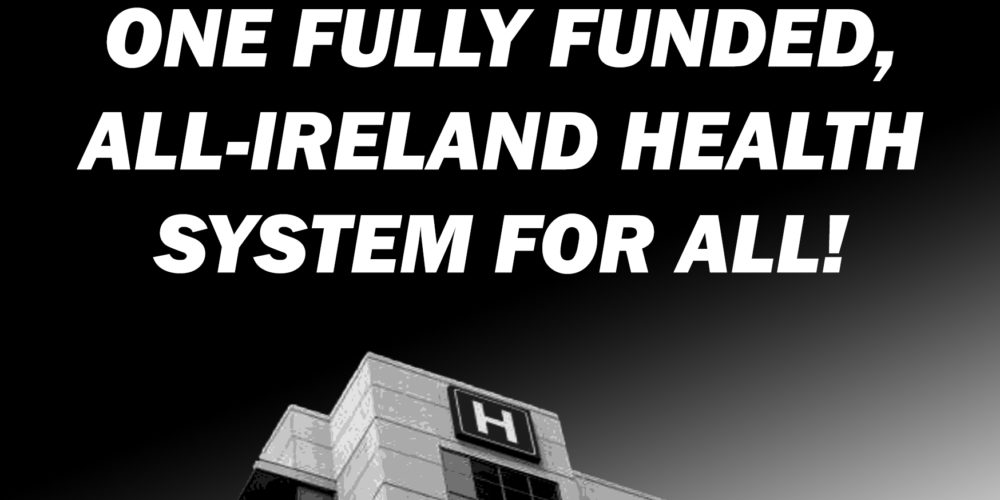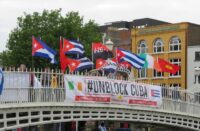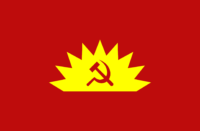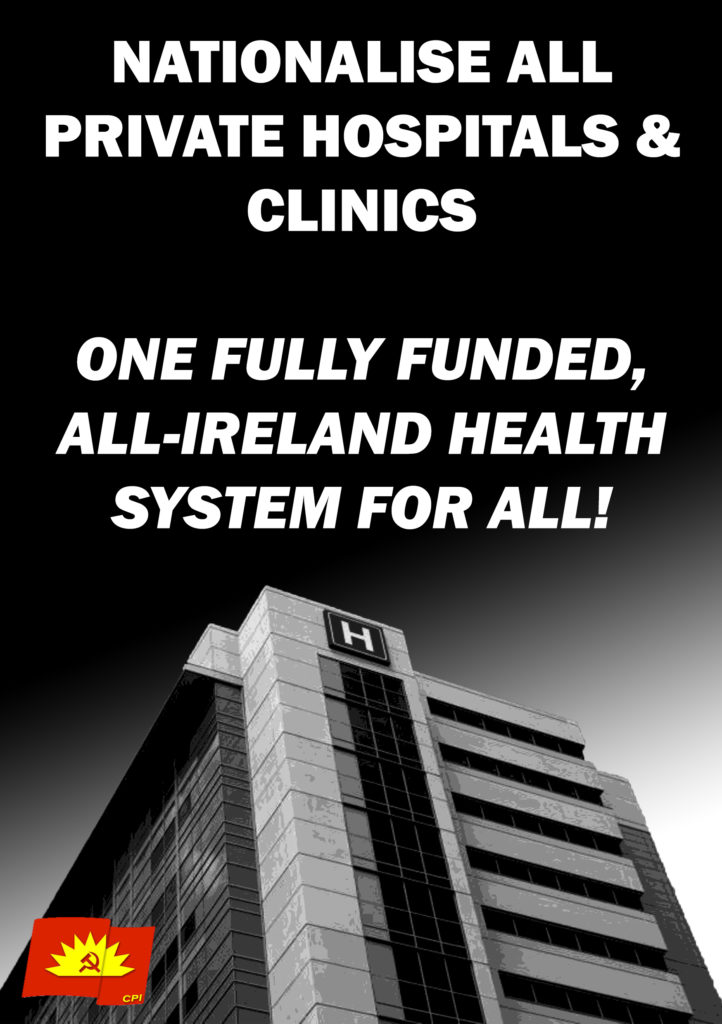The covid-19 pandemic now sweeping the globe has exposed the underlying weaknesses and inequalities in many societies, particularly here in Ireland.
Global debt stands at $250 trillion, with corporate debt already enormous, while trillions of dollars are swirling round in stock markets and in tax havens, stashed away by powerful individuals and corporations. Arising from the financial crisis of 2008–10, the Irish state took on 42 per cent of all EU banking debt. We all know the price we have paid for that.
Health, and access to it on an equal basis, is an absolute necessity and a basic human right. But we know that this has not been recognised in reality. From Derry to Kerry, working people have been standing in queues waiting to be seen, to have symptoms diagnosed or to be treated.
Waiting-lists continue to increase while at the same time we witness the growth of private medicine and medical corporations and the tendering out of health services, causing the loss of jobs and further enriching private interests—a strategy that has given priority to the interests of private wealth over the public good. Private medical facilities are now waiting in the wings to demand more from the public purse because of the covid-19 threat. As covid-19 has revealed, the public good is not compatible with private corporate profit.
Since 2011 the EU has made sixty-three individual demands on member-states to cut spending on the health service and to privatise or outsource services to meet arbitrary debt and deficit budgets, under the terms of the Growth and Stability Pact, first entered into in 1997. After the global financial crash of 2008 this agreement was beefed up and further strengthened in 2011 and 2013, making the national budgets of member-states subject to the scrutiny of Brussels.
As a direct result, Italy now has 4.1 doctors per 1,000 citizens, a drop from 5.83 per 1,000. As a result, its health service, once rated the best in Europe, has been overwhelmed by the covid-19 crisis.
Ireland, with 25 per cent fewer doctors, is even less prepared, with only 3.1 doctors per 1,000 citizens, though this is slightly better than Britain, whose National Health Service has only 2.8 doctors per 1,000 citizens. This will have huge implications for our people in the North, where more than 280,000 people are on waiting-lists, more than 21,000 of them waiting more than a year for inpatient treatment.
Meantime Cuba, despite suffering sixty years of illegal blockade, can manage to provide 8.2 doctors per 1,000 citizens. The difference is that Cuba gives priority to the health and education of the citizens, not to the profits of a corporate elite. With much of the economy of Cuba state-owned, profits can be redirected to the common good.
There are 11,160 public hospital beds in Ireland. In addition to this there are 4,400 private beds—2,460 of these in public hospitals. All these beds should be nationalised and put into the public health system, thus increasing the number of beds in the public system by 40 per cent.
If this pandemic shows us anything it is that it knows no borders, be they physical ones, as with the partition of our country by Britain, or economic ones. The strategy of the British government regarding covid-19 has placed our people in the North and, by extension, throughout the country at risk and in greater danger. The powerless Stormont Executive has been wringing its hands, unable to break with the British government’s strategy.
Partition has failed our people politically, economically, and now in health. Partition will literally cause the loss of many lives, north and south. Covid-19 does not recognise borders. We can only fight it properly with an all-Ireland strategy, with the maximum use of all medical services available in the whole country. No public money should be given to private medical facilities during this crisis.
- We need a universal free public health service for the whole of Ireland.
- We need to nationalise all private hospitals and clinics throughout Ireland.
- We need to cancel payment of the odious debt.







